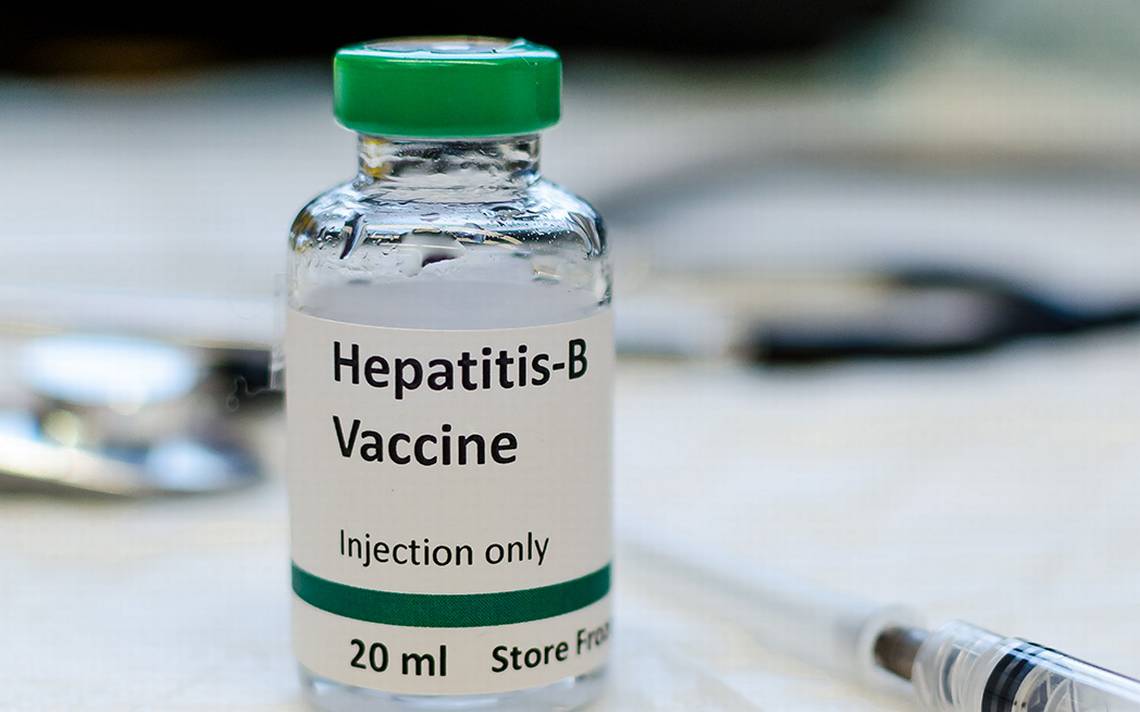The state government’s Secretary of Health assured that until now The State of Mexico does not have an acute hepatitis listHowever, they are alert for cases that have occurred in Mexico, particularly in the state of Nuevo León.
In an interview given last Thursday, Mexico’s Secretary of State for Health, Francisco Javier Fernández Clamont, acknowledged that there are warnings around the world for the presence of hepatitis and in Mexico. A warning has been issued, coming from a bacterium called adenoviruswhich is respiratory.
The cases presented to date, he stressed, occurred in minors, but other sectors of the population were not exempt from disease.
In light of this, the Health sector authorities announced that as of this Friday, May 13, there were no confirmed cases in the State of Mexico, but surveillance is continuing based on the epidemiological notification issued by the National Committee for Epidemiological Surveillance (OPEN).
In a statement it was reported that the Ministry of Health of the Mexican entity is following the instructions issued by CONAVE, since last May 4, through the CONAVE Epidemiological Notice/01/2022.
The report details that at present the origins of the worldwide cases have not been identified; However, the most studied hypothesis was established as a possible cause adenovirus.
They show that in most cases there is gastrointestinal symptomssuch as abdominal pain, diarrhea and vomiting, which prompts parents or guardians to pay attention to this characteristic clinical picture, and to seek immediate medical attention at the nearest health unit.
Moreover, it highlights that in health centers and hospitals in ISEM Close monitoring is maintained of these infections, as well as inter-agency coordination with federal and state agencies.
On May 4, CONAVE explained, regarding the epidemiological situation of this disease, in the world starting on April 5, 2022 when great Britain notified the World Health Organization of an increase in reported cases of acute hepatitis of unknown cause in previously healthy children under 10 years of age living in Scotland.
One week later, an additional case under investigation was reported in English, Wales and Northern Ireland. As of April 21, at least 169 cases of severe acute hepatitis of unknown cause had been reported in children aged 1 month to 16 years, in 12 countries.
In the case of Mexico, up to that date, they announced that no cases had been identified, however, the health authorities of the government of Nuevo León confirmed the detection of four cases of hepatitis, all in children, stable and under continuous monitoring.

“Internet trailblazer. Troublemaker. Passionate alcohol lover. Beer advocate. Zombie ninja.”







